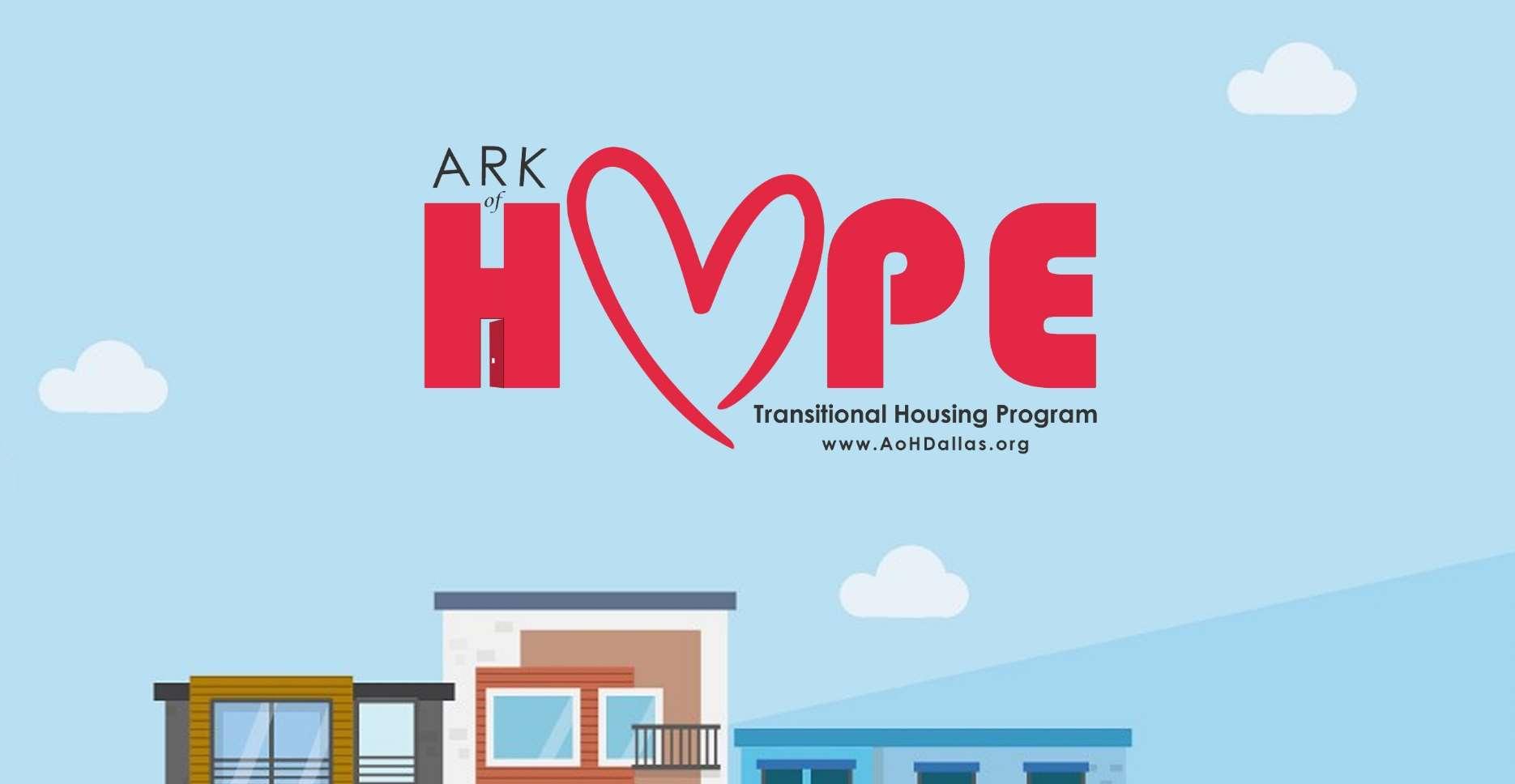
5 minute read
The Solution


Advertisement


Homelessness is a direct correlation to recidivism. Yearly, approximately 700,000 individuals return home from state prisons in the United States. In addition, 9 million are released from county jails.
Over 10% of those coming in and out of prison and jails are homeless in the months preceding and following their incarceration. (Council of State Governments, 2016) Being homeless, unstably housed, or living in a high crime neighborhood all heighten an individual’s risk of re-offending (Andrews & Bonta, 1995).
Among ex-offenders, those with mental illness have a higher than average rates of homelessness and housing insecurity (Aidala et al., 2014; Brown etal., 2013; Council of State Governments, 2006; Fries et al., 2015). Homelessness is not just a public safety issue but a public health and community issue.
At Terrell State Hospital, the region’s psychiatric hospital, a day costs $401.00 per patient. A day
in the Dallas county jail costs $70.00 per inmate, plus the expenses of booking and police time (Pishko, 2018).
Comparatively, housing with wrap-around services in The Ark of Hope Transitional Living Program is $40.00 per day per individual. This is comparable to other supportive housing programs funded through Continuum of Care (lead homeless agency funded by the U.S. Department of Housing and Urban Development to address homelessness) in Dallas County.
This information shows that connecting criminal justice-involve homeless clients to permanent housing is much more cost effective than to provide crisis level services as clients repeatedly cycle through the criminal justice system.
In February 2019, there were 341 (321 unduplicated) homeless people booked into jail with an average of 37 days in jail per person (white, 2019). Dallas County spent $572,880.00 ($539,280.00 unduplicated) in February 2019 on the 341 homeless people in jail (White, 2019). $33,600.00 was spent on high utilizers (repeat homeless offenders) in Feb. 2019 If the 321 unduplicated homeless people were in jail February 2019 were in supportive housing, the cost would have been $341, 544.00 (a savings of $186,336.00). Supportive housing is only two-thirds the cost of incarceration of homeless people.
Project Approach and Program Activities
The Ark of Hope program has its roots in providing housing for Criminal Justice involved clients. The Ark of Hope presents a unique collaboration with Dallas County Criminal Justice Agencies, Homeless shelters, Texas Department of Criminal Justice Institutional Division, and other community-based housing programs to provide housing and case management services for an array of clients. The Ark of Hope uses existing community relationships to provide other needed wrap around services (i.e. Transportation, food, treatment services, medication management, etc.). The Ark of Hope also provides the opportunity to serve as permanent housing for clients if they choose to retain the residence in the transitional living home. The Ark of Hope provides housing, management of residents, documentation of all client’s whereabouts with weekly reporting to Probation Officers and the Court Systems.
The Ark of Hope recently entered into an MOU with God’s Truest Miracles who receives a grant from Dallas County Community Supervision and Corrections Department. This grant is an incentive grant which provides vouchers for additional services for clients with both substance abuse and mild mental health disorders. These clients are referred to The Ark of Hope for housing through the Dallas County 4C and STAC Court diversion programs.
The MOU with the Ark of Hope and God’s Truest Miracles was established as a collaborative initiative to improve the overall care and services to clients that are returning from a Substance Abuse Felony Punishment Unit.



Capacity and Capabilities
The Ark of Hope program staff provides a variety of services to our clients such as serving as court liaisons for multiple courts, connecting clients to community behavioral health resources and other services.
The Ark of Hope is responsible for administering all grants administration /management and reporting requirements to the referring agency. The Ark of Hope staffs convene at regular meetings and provide written monthly client progress reports and ensure information for reports and expenses are collected and processed.
The Ark of Hope is committed to providing quality and affordable living services to those who need assistance with mental health issues, physical issues, and substance abuse\ substance recovery.
The Ark of Hope provides the following: • Clean and comfortable living environment • Masters level case worker
• State licensed medication aid • Specialty trained lined staff to monitor clients in the home
The Ark of Hope has the capacity to provide housing services to 60 clients in our multiple facilities.
Performance Management
Many clients that qualify for the Ark of Hope services are released back into homelessness and joblessness only to return to jail repeatedly; often for petty crimes such as criminal trespassing and loitering. The goal of the Ark of Hope is to reduce rates of recidivism among Criminal Justice involved clients.
Hence, reports and information from the program manager are discussed at the monthly meetings. Additionally, we perform data analysis comparing recidivism rates of program clients post housing with their prehousing recidivism rates to determine if the program is accomplishing the goal to reduce rates of recidivism among this population.
Our current data shows that Ark of Hope clients remain in the community on average 4 times longer than other similar housing providers. The average length of stay for mental health clients is 4 years and for clients returning from substance abuse treatment is 90 days.
Geographic Area and Target Population
The Ark of Hope serves eligible criminal justice involved clients (those in jail, homeless clients, those participating in specialty programs, and those under community supervision).
Clients must be 18years or older (any gender). Housing is for adults with no children living with them.
Sustainability
The Ark of Hope currently receives no federal or state funds and has no debt beyond basic operating expenses. The Ark of Hope has applied for a grant through the North Central Texas Council of Governments.







